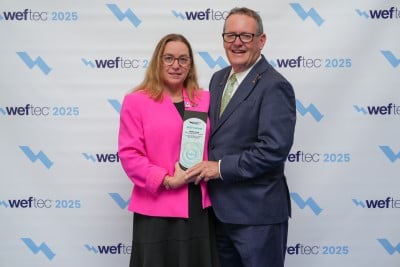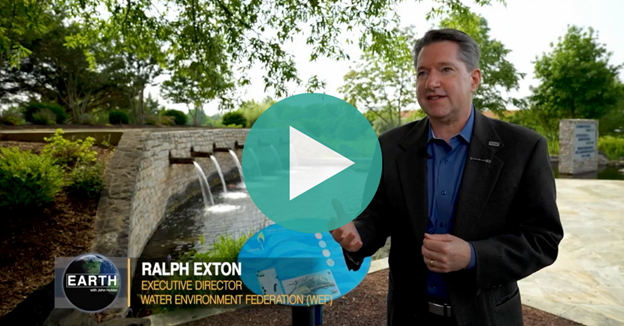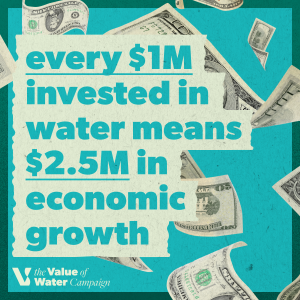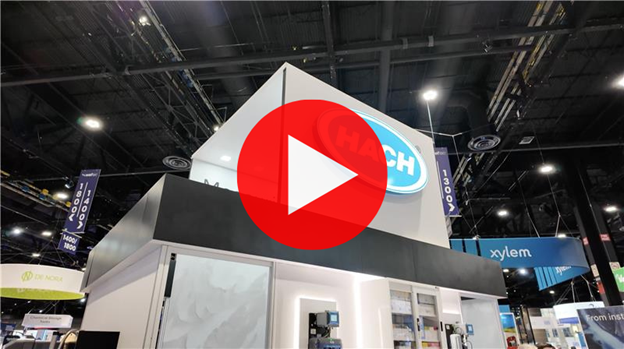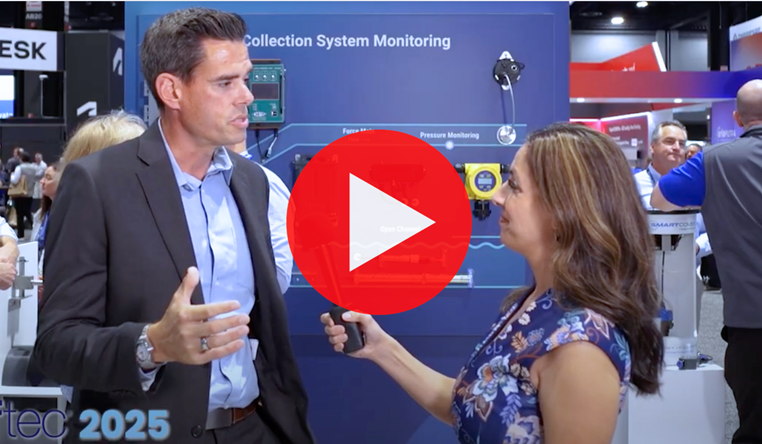Winners Crowned in 38th Operations Challenge Competition
38th Annual Operations Challenge Competition
An awards ceremony on Tuesday evening punctuated two days of pulse-pounding rigor, rivalry, and hard-hat-to-hard-hat action — also known as the 38th-annual Operations Challenge competition. The event, considered the water sector’s most exciting professional development program, convened a meeting between top-tier wastewater operations professionals from all corners of the U.S. — as well as Denmark and the United Kingdom. They matched wits and wills during five fast-paced events on Monday and Tuesday.
A record-breaking 57 teams representing all experience levels competed in this year’s Operations Challenge competition, each wearing the banner of a WEF Member Association or comparable operator organization. They competed in one of four distinct divisions based on their tenure in the competition.
Each team earned an overall score based on their weighted performance in each of the five Operations Challenge events, each testing a different aspect of work in the wastewater profession: Process Control, Laboratory, Safety, Collection Systems, and Vaughan (Montesano, Washington) Maintenance.
When the dust cleared, Operations Challenge officials announced this year’s winners:
Division I Winners
- First Place: Elevated Ops (Rocky Mountain Water Environment Association)
- Second Place: Sewerside Squad (Rocky Mountain Water Environment Association)
- Third Place: Double Duty (Rocky Mountain Water Environment Association)
Division II Winners
- First Place: Team HRSD (Virginia Water Environment Association)
- Second Place: Rising Sludge (New England Water Environment Association)
- Third Place: Surge (Water Environment Association of South Carolina)
Division III Winners
- First Place: Rowdy Rotifers (Chesapeake Water Environment Association)
- Second Place: TRAilblazers (Water Environment Association of Texas)
- Third Place: River Rangers (Pacific Northwest Clean Water Association)
Process Control Event
On Monday, teams completed the timed Process Control Event to test their mathematical aptitude and familiarity with wastewater treatment processes consisting of both written and electronic portions. For part of the trial, teams used a specialized wastewater treatment process simulator to visualize real-world problem scenarios and make real-time decisions to fix them.
Laboratory Event
The Laboratory Event called on teams to analyze a range of water quality parameters across a variety of settings — including influent, aeration basins, and effluent — more quickly than their opponents. The event required competitors to demonstrate their competence in such lab-based tasks as sampling, sample preparation, data collection, and data interpretation, as well as their familiarity with common laboratory equipment. The event underwent a redesign this year, tasking teams with analyzing orthophosphate as well as total residual chlorine.
Safety Event
The Safety Event required teams to respond to a hypothetical emergency in which a co-worker had collapsed inside a maintenance shaft. Acting as a rescue team, competitors had to safely enter a confined space, retrieve the incapacitated co-worker, diagnose and fix a safety hazard within the confined space, and re-seal the maintenance shaft. For the first time, this year’s Safety Event also included a scored virtual reality component, in which one member of each team used high-tech hardware to demonstrate their ability to properly select and handle the right tools for a rescue job.
Collection Systems Event
In the Collection Systems Event, teams vigorously bisected a stretch of 20-cm (8-in.) PVC pipe to fix a leak, connected a 10-cm (4-in.) lateral, as well as assembled a valve tower provided by Victaulic (Easton, Pennsylvania), all while water continued to flow through the pipe.
Vaughan Maintenance Event
Finally, competitors in the Vaughan Maintenance Event responded to a sanitary pumping station serving a busy downtown neighborhood that has become incapacitated by the buildup of fats, oils, and grease (FOGs). Teams completed normal maintenance tasks to diagnose problems at the FOG-clogged wet well, readjusted a conditioning pump, and replaced a damaged impeller and pump nozzle.
More Details to Appear in WE&T
The December 2025 issue of Water Environment & Technology magazine will contain full coverage of this year’s Operations Challenge competition.
Keep the Momentum Going with WEF
WEFTEC is just the beginning. Join the Water Environment Federation to stay connected, grow your impact, and help drive innovation in the water sector. Together, we’re building a stronger community and accelerating the shift to a circular water economy.
Your journey toward water quality excellence continues here!


